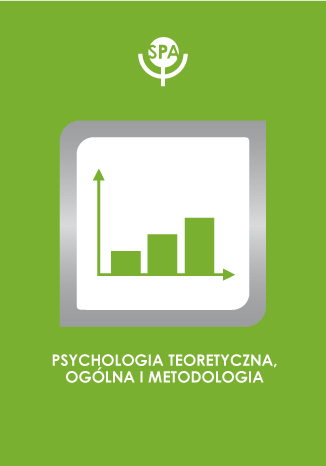Dociekania nad naturą emocji: O emocjach poza świadomością i emocjach poza spontanicznością

Maria Jarymowicz
DOI:
Strony: 153-170
Over hundred years of research have produced a big gap between common sense and scientific understanding of emotion. The first part of the article presents empirical and theoretical arguments showing that the conceptualizations of the unconscious emotion in contemporary psychology go far beyond the idea of suppression. Affect – as a component of emotion derived from subcortical impulses – may operate unconsciously. It occurs a) due to suboptimal stimulation, i. e. impulses intense enough to reach subcortical centers, and too weak to create awareness (unawareness of stimulation), b) as a consequence of sensory impulses rising subcortical reactions prior to cortical ones (lack of cognitive control over the source of emotion). The second part of the article refers to emotion due to appraisal processes, based on intellectual operations (deliberate thinking involving cognitive evaluative standards). Affective reactions as a result of cognitive insight occur still automatically, however less spontaneously.









 Pobierz pełny tekst
Pobierz pełny tekst



